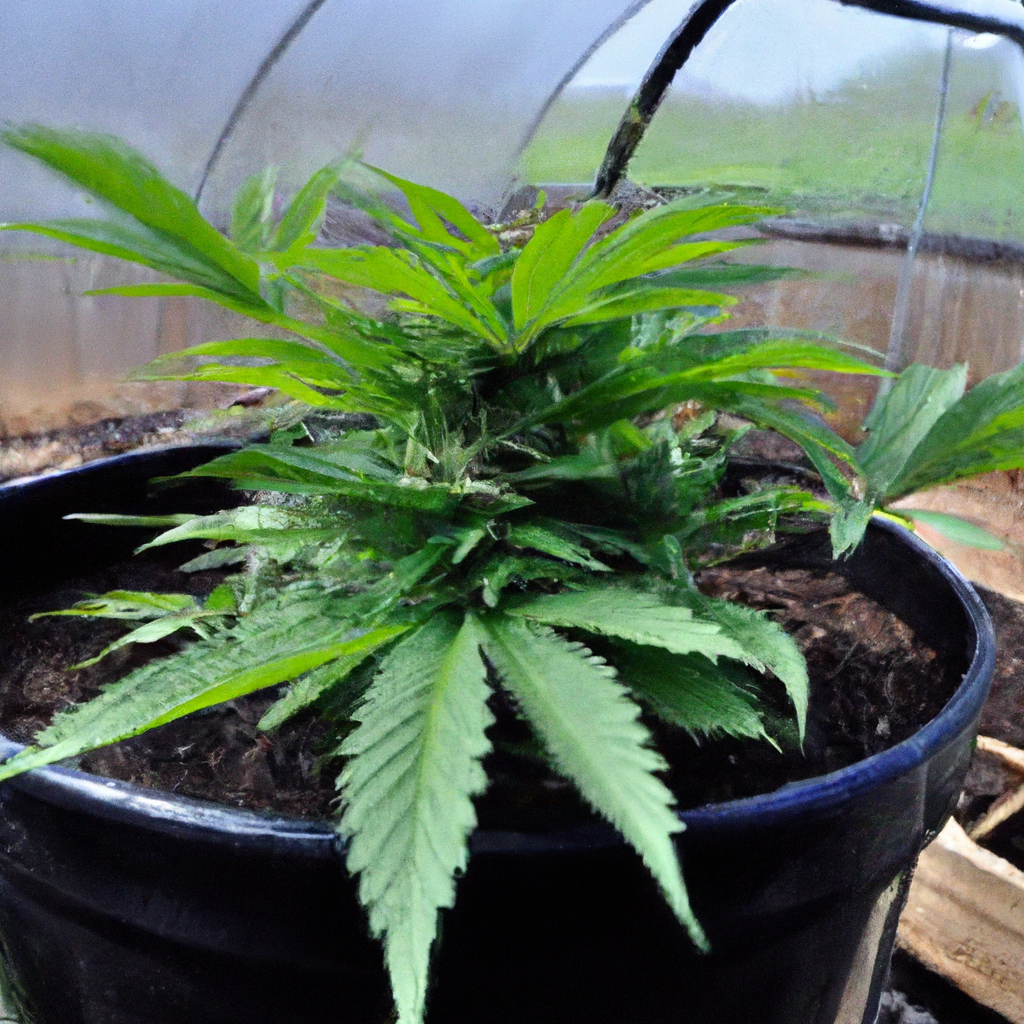Your cart is currently empty!
Organic cannabis cultivation is not just a trend; it’s a sustainable choice that benefits the environment and consumers alike. Shifting from conventional to organic growing practices can enhance the quality of your cannabis while conserving natural resources. Below, we explore the best practices to ensure a healthy, organic cannabis garden.
The Importance of Building Healthy Soil Ecosystems
Healthy soil is the foundation of any successful organic garden, and cannabis is no exception. By fostering a vibrant soil ecosystem, you create a self-supporting environment that allows plants to thrive naturally.
- Compost Use: Regularly incorporate compost into your soil to improve its structure, add nutrients, and promote beneficial microbial activity.
- Crop Rotation: Rotate your cannabis plants with other crops to avoid nutrient depletion and reduce soil-borne diseases.
- Cover Crops: Plant cover crops such as clover or alfalfa to fix nitrogen, prevent erosion, and improve soil fertility.
Natural Fertilizers: Feeding the Soil, Not the Plant
Using natural fertilizers in cannabis cultivation promotes a healthier ecosystem. These fertilizers release nutrients slowly, reducing the risk of nutrient burns and promoting robust growth.
- Fish Emulsion: Provides a quick boost of various nutrients, including nitrogen, phosphorous, and potassium.
- Bone Meal: A great source of phosphorous, which is essential for flowering stages.
- Bat Guano: Offers high levels of nitrogen and phosphorus, depending on its formulation.
Sustainable Pest Control: Natural Allies in the Garden
Preventing pest infestations organically requires a proactive approach that harnesses nature’s own solutions.
- Beneficial Insects: Ladybugs and predatory mites can reduce pest populations without chemicals.
- Companion Planting: Marigolds and basil can repel certain pests, providing natural protection.
- Neem Oil: A natural extract that can protect against various pests and diseases without harming beneficial insects.
Benefits for the Environment and the Consumer
Organic cannabis cultivation has a positive ripple effect on the environment and those who consume the final product:
- Environmental Impact: Organic farming reduces chemical runoff, preserves local wildlife, and enhances soil health.
- Consumer Safety: Organic cannabis is free of synthetic pesticides and fertilizers, offering a cleaner and healthier experience.
- Sustainability: By fostering biodiversity and recycling nutrients, organic cultivation practices contribute to long-term agricultural sustainability.
Conclusion
Transitioning to organic cannabis cultivation requires dedication but the rewards for the environment, consumer health, and plant integrity are substantial. By focusing on natural solutions ranging from healthy soil management to sustainable pest control, you can cultivate cannabis that is both high-quality and eco-friendly.
Embrace organic grow practices to nurture not just your plants, but also the planet.
Tags: OrganicGrowing, NaturalFertilizers, PestManagement, EcosystemBuilding, SustainablePractices
Discover more from Magic Clones
Subscribe to get the latest posts sent to your email.


Leave a Reply